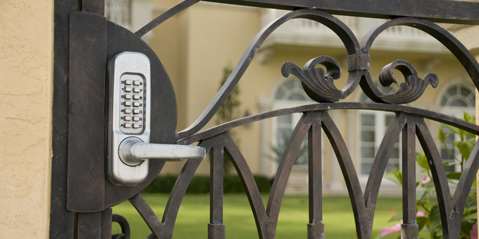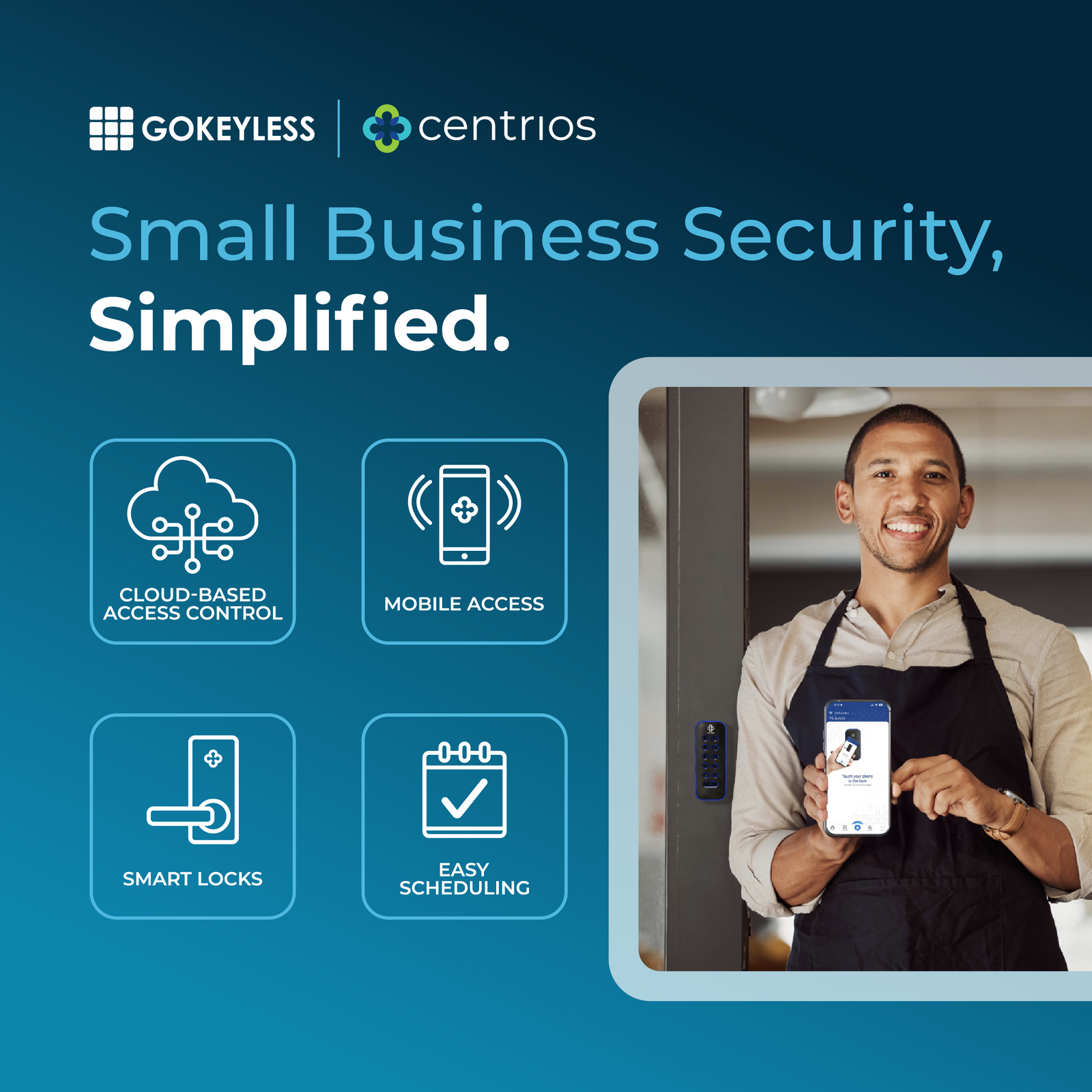Your Cart is Empty
Categories
Industry
How Often Should You Change Your Keycodes and Other Tips for Maintaining a Safe Keyless System

Keyless locks provide several important advantages that traditional locks simply can’t, not the least of which is the ability to maintain very tight control over who can gain access to your home or business. When you think about how easy it is for a key to be misplaced or copied without your knowledge, it’s easy to see why keyless locks offer a much higher level of security than traditional locks. Although transitioning to a keyless entry system is an important step toward improving the overall security of your home, here are some additional habits to develop to make your new system as secure as possible.
1. Protect all of your home security access codes.
Many homeowners use just one access code, while others assign different codes to each member of the family. However you prefer to distribute your codes, be sure to protect them with the same vigilance that you would a physical house key. This means that they need to be in your memory only if at all possible, and not carried in your wallet or purse, or programmed into your cell phone. If you feel like it’s too difficult to remember it without writing it down somewhere, do your best to disguise the number by adding a couple of digits to the beginning and/or end of the access code to act as “dummy” numbers. In addition, definitely do not give any indication as to what the number means–don’t title the paper “My home access code,” or anything like that.
2. Only disclose your access number to people you trust.
Again, treat your access number as you would a physical key to your home. Make sure you maintain tight controls over who you disclose the number to, because it can play a huge part in preventing potential security breaches. If you assign a temporary access code to visitors or service workers, be sure to delete or reset the code once they leave.
3. Change your access code at least twice a year.
This is an important step in keeping your home security protocols up-to-date. If you’re concerned about being able to remember the new numbers when you change your code, you can slightly alter your previous code by swapping out two or three numbers so that it won’t be too difficult to make the change. If you trust your memory a little more than that, it’s always best to create an entirely new number for optimal security. In addition, you should change your code any time you suspect that it may have been compromised. It’s definitely better to be safe than sorry.
4. Use the maximum allowable digits when creating or changing codes.
Keyless locks such as the Kwikset SmartCode Lever 911 allow you to choose a security code 4-8 digits long. The laws of statistical probability will be in your favor if you go with the 8-digit code; it’s simply more difficult to accurately guess or hack an 8-digit code than a 4-digit code. While this may be a little more challenging to remember, you can use the power of association to make it a little easier. For example, you could use the numbers on a telephone keypad as a reference, where each number from 2 to 9 is associated with certain letters of the alphabet. Using this as your guide, the numeric code for the phrase “safe home” would be 72334663. Any type of word association system like this will help make creating and remembering longer numbers a little easier. That being said…
5. Avoid using any personally identifiable information as your access code.
Numbers such as your street address, birthday, phone number, ZIP code or anything else that can be ascertained from your personal information should be avoided when creating or changing your code. Smart crooks know that sometimes homeowners are not very vigilant in terms of creating security codes that are difficult to figure out. Just remember that if it’s a little too easy for you to remember, or if it’s based on relatively common knowledge, it’ll probably be easy for a burglar to guess as well.
Maintaining safe practices with your keyless entry system should not be considered optional; it is an absolute necessity. Use the tips listed above to ensure a greater level of security and peace of mind for you and your family.
SmartCode 911 Touchpad Electronic Lock with Tustin Lever – Brass
Browse by Category
© 2025 GoKeyless. All rights reserved. Privacy Policy. Terms of Use. Powered by Brandography.



 Over 5 Million Locks Sold
Over 5 Million Locks Sold Trusted Since 2003
Trusted Since 2003 Help
Help
